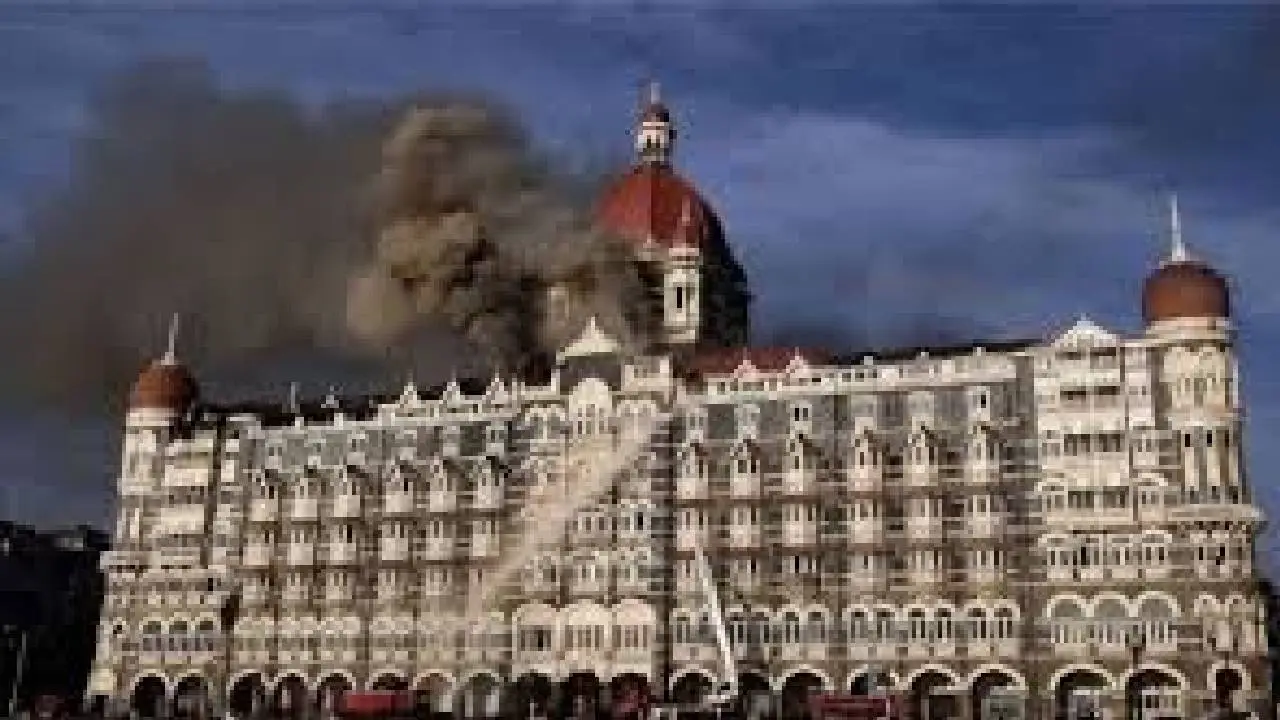
(Credit: OpenAI)
Pakistan. Farhatullah Babar, now the spokesperson of Pakistan’s President Asif Ali Zardari, has written a book that has stirred strong reactions in both India and Pakistan. The book claims that during Zardari’s earlier term, he attempted to improve relations with India through a major peace gesture. He publicly suggested that Pakistan should adopt a “no first use of nuclear weapons” policy similar to India. This statement, according to Babar, shocked Pakistan’s military leadership.
Many in the army believed such a policy would weaken Pakistan’s negotiating position. Babar says this created friction between the civilian government and the military establishment. He claims this disagreement became connected to the events leading to the Mumbai attacks.
Babar writes that Zardari’s peace message was seen as a direct challenge to the army’s traditional strategy. For decades, Pakistan’s defense policy has relied on the idea of nuclear deterrence. Any suggestion to soften that stance was interpreted as surrender. The ISI, Pakistan’s intelligence agency, plays a major role in national security decisions. According to Babar, officials in the ISI viewed Zardari’s approach as too soft and risky. The idea of normalizing relations with India did not sit well with those who believed confrontation was necessary. This confusion and disagreement created tension at the highest levels of Pakistan’s leadership.
The book claims that the Mumbai attacks, which occurred on 26 November 2008, were connected to the anger inside Pakistan’s security establishment. Babar suggests the attack acted as a message to stop peace talks and re-establish a hardline stance. The Mumbai attacks were carried out by ten heavily armed militants. They targeted multiple crowded locations across the city. The attack resulted in the deaths of 166 people, including foreign nationals. The incident shocked the entire world. Babar claims the attack had political motives beyond terrorism.
However, official investigations and intelligence reports show that the terrorists had started their journey from Karachi one day before Zardari made the peace statement. This means the planning, training, logistics, and orders for the attack had already been finalized. Large-scale operations like this cannot be prepared in just a few days. This creates a major contradiction in Babar’s claim. Analysts believe the attack was planned months in advance by Lashkar-e-Taiba with support from elements inside Pakistan. The timeline makes it difficult to prove that the attack was a direct reaction to Zardari’s words. Therefore, the claim remains controversial.
The story highlights a long-running struggle within Pakistan’s system. Civilian leaders often talk about peace and economic cooperation. Meanwhile, powerful military groups sometimes prefer strategic rivalry and pressure tactics. This conflict creates instability in foreign policy. Babar’s claim suggests the fight was not only over nuclear policy, but also control of national direction. The book indirectly describes Pakistan as a state where elected governments and military decision-makers have different priorities. This divide has shaped India-Pakistan relations for decades.
The Mumbai attacks destroyed whatever little trust existed between India and Pakistan at that time. Dialogue stopped immediately after the attack. Both countries moved closer to military confrontation. A new wave of suspicion, fear, and distrust took over diplomacy. Any peace proposal became politically impossible. Even today, relations remain strained. The claim, whether accurate or not, reminds us of how fragile peace attempts are in South Asia.
Babar’s statements have reopened discussions among journalists, historians, and security experts. Some believe he is exposing the internal power struggle within Pakistan. Others think he is simplifying a much more complex geopolitical event. No formal investigation has confirmed his version. The Indian side continues to maintain that the attack was planned and supported by Pakistan-based groups. Pakistan’s military denies direct involvement. The truth remains mixed in politics, nationalism, and secrecy.





Copyright © 2026 Top Indian News
